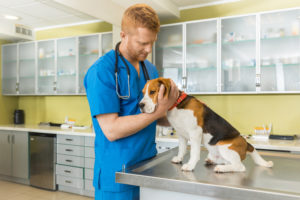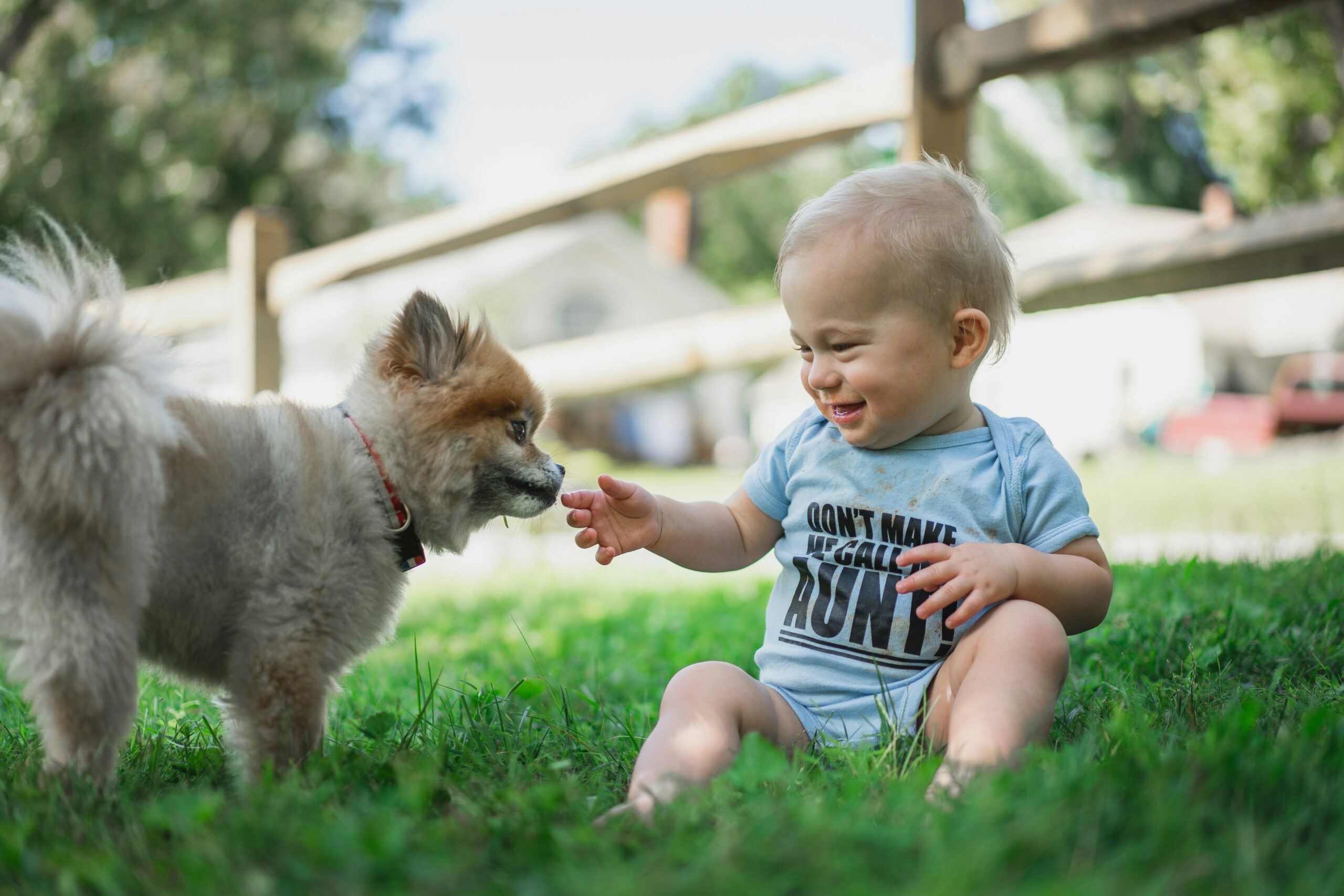Pets provide many people the comfort that they need in these trying times when millions are locked down in their homes due to the COVID-19 pandemic. At the same time, these animal companions are enjoying the increased time that their owners are spending with them. However, there is another side to this happy picture.
Many pet owners have concerns about how their interaction with animals should be during this period. There are questions about whether such interactions could present additional health risks. The Centers for Disease Control (CDC) has no evidence of companion animals contracting the COVID-19 virus.
At the same time, the CDC has announced that human beings cannot contract the pet version of the coronavirus. This means that maintaining close contact with your pets does not put your health or theirs at risk as long as the people in your household are safe.
That said, at this time when a lot still remains unknown about the COVID-19 virus, it helps to understand how this pandemic can affect your pets. This article summarizes the five ways in which the COVID-19 pandemic and lockdown could be affecting your pets:
- Reduced Interaction
One of the CDC’s recommendations to pet owners is to reduce or altogether avoid pet interaction with other animals and people. When you take your pets out for a walk, the social distancing rule applies to them as well.
This is informed by the fact that the COVID-19 virus can be transmitted through fomites, which are objects and surfaces of any kind that can carry the virus. Fomites can be doorknobs, floors, countertops, clothes, and many others. While it may seem strange to view pets as surfaces, in the COVID-19 context, they are.
If a person who is infected coughs and the virus particles land on cat or dog fur, the pet can transmit the infection to other people. When others come along and pet the animal, that person may have contact with the virus; touching any part of the head or face effectively transmits the disease.
Although the risk of this kind of transmission is low, pet owners need to be cautious. Part of precautions includes washing the hands well before touching faces after petting any animal. Pet lovers who bring new pets to their householders should either give the pet a bath or wipe it with a damp towel.
Limited interaction among pets and strict precautions that pet owners have to take during lockdown can have an effect on your pet’s general well-being.

veterinary examing cute beagle dog at clinic
- Pet Care Service Routines Must Wait
If your pet had a scheduled routine vet visit, that will have to wait. The American Veterinary Medical Association (AVMA) advises veterinarians as well as veterinary hospitals and clinics to suspend all routine pet care services and only attend to cases of severe injuries or illness during this pandemic.
With most countries including vet hospitals as essential services, pet owners can have their pets treated as long as the people who work in those facilities remain healthy. On the other hand, the CDC has issued an advisory encouraging the proper utilization of medical supplies because they are required to respond to emergencies related to the COVID-19 pandemic.
This means that pet owners cannot have their pets vaccinated during the pandemic despite the key role vaccines play in protecting pets from diseases. Pet owners should have their pets vaccinated when the crisis has ended.
All these changes in accessing vet services will have an effect on the overall health of pets.
- Anxiety During Vet Visits
Since vet visits are often an anxious time for pets, having someone familiar accompany them to the vet helps in managing anxiety.
However, with the COVID-9 lockdown, pet hospitals and clinics have put measures in place to help curb possible viral transmission to staff and pet owners. Pet clinics are working to keep everyone safe by observing social distancing.
This is affecting the way vet teams interact with pet owners who bring in pets that need medical attention. In some pet clinics, clients are asked to sit in their cars and wait for staff to fetch their pets so as to limit traffic within the treatment facilities. This means that pet owners may not accompany their pets during vet examination as they are accustomed to.
Because these precautions are meant to keep everyone safe, understanding and patience are necessary. Pets will have to go through the anxiety of vet examinations all by themselves.
- Separation Anxiety
Though there is no evidence that your pets can contract COVID-19, the CDC recommends minimal contact between pets and infected persons. This means that, if a pet owner gets sick, the responsibility of taking care of the pet should be passed on to another person. As mentioned, pets can serve as fomites. They can carry the virus from an infected person and transmit it to others.
Though this could change in the future as more information on COVID-19 becomes available, bathing pets that have been in contact with infected persons and limiting their interactions with such persons can help cut the transmission chain. This forced separation during this crisis period can cause anxiety in pets.
Takeaways
COVID-19 is not just affecting people’s lives; it may also be affecting the lives and emotions of pets. A lot has changed in the way companions interact with each other and with people. Unlike before, the petting of companion animals must be reduced. If a pet owner falls ill, the pet should be taken care of by another person. Pet vet visits have not been spared either; pets no longer enjoy the company of their owners in the examination room. These are part of the precautionary measures to prevent any COVID-19 virus transmissions.



